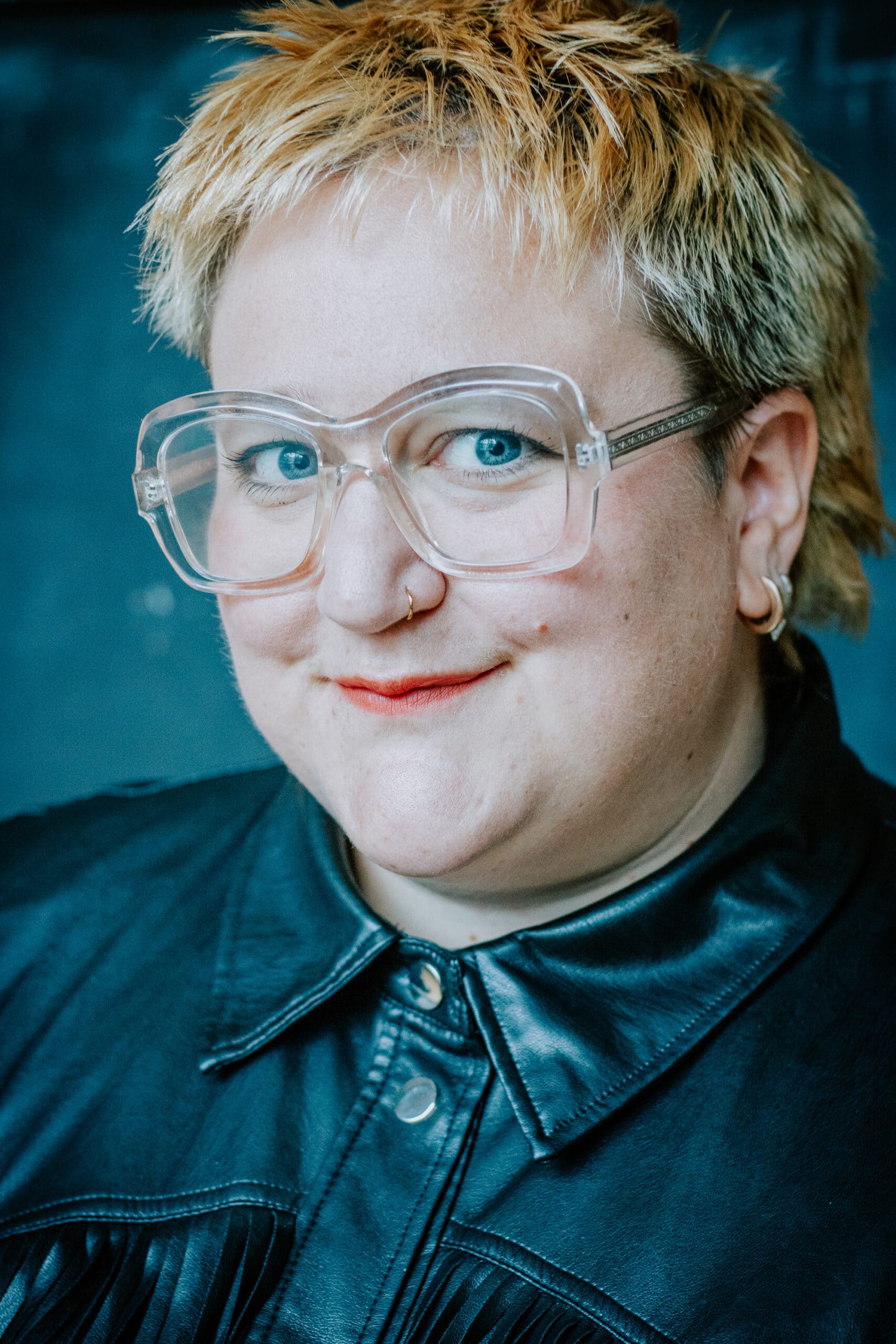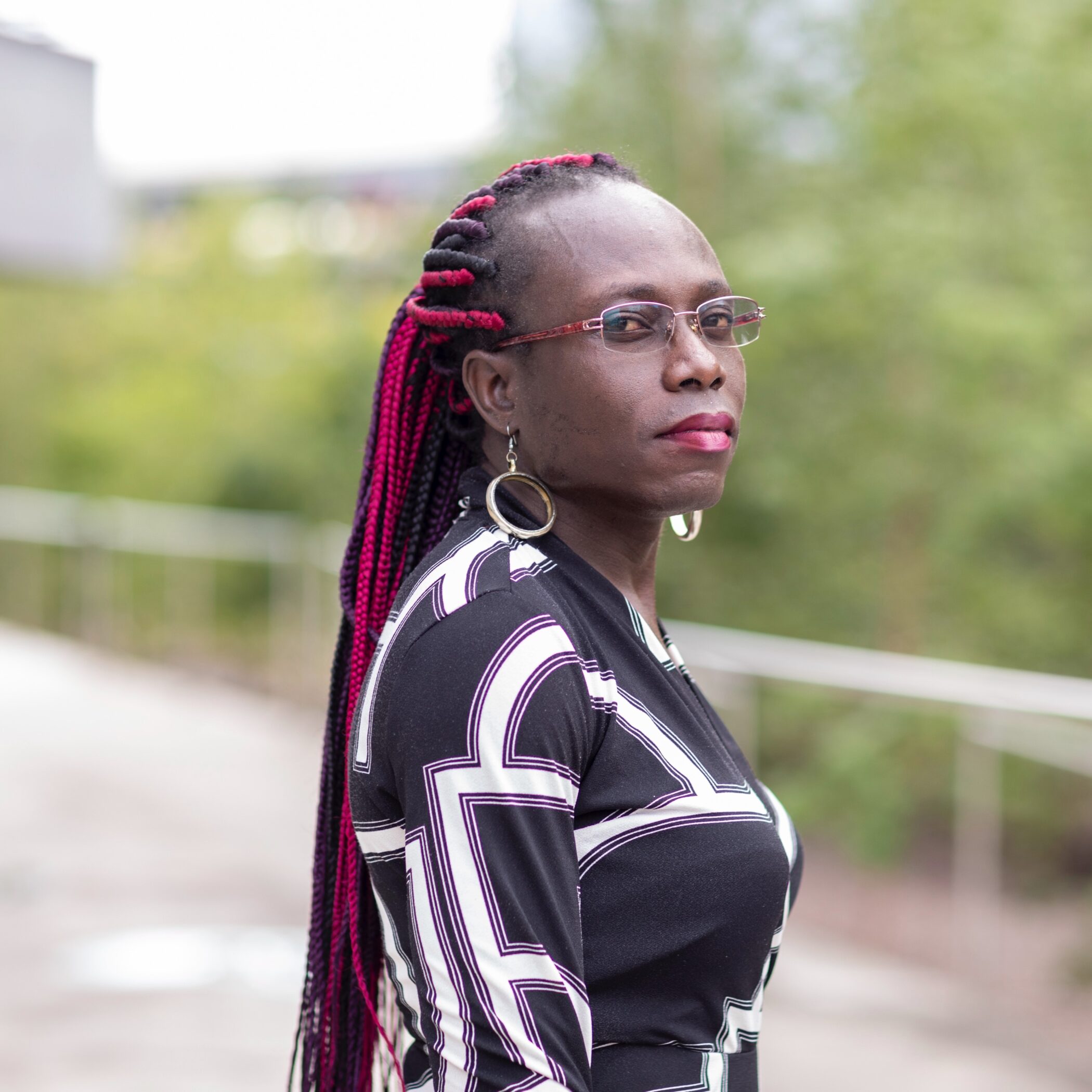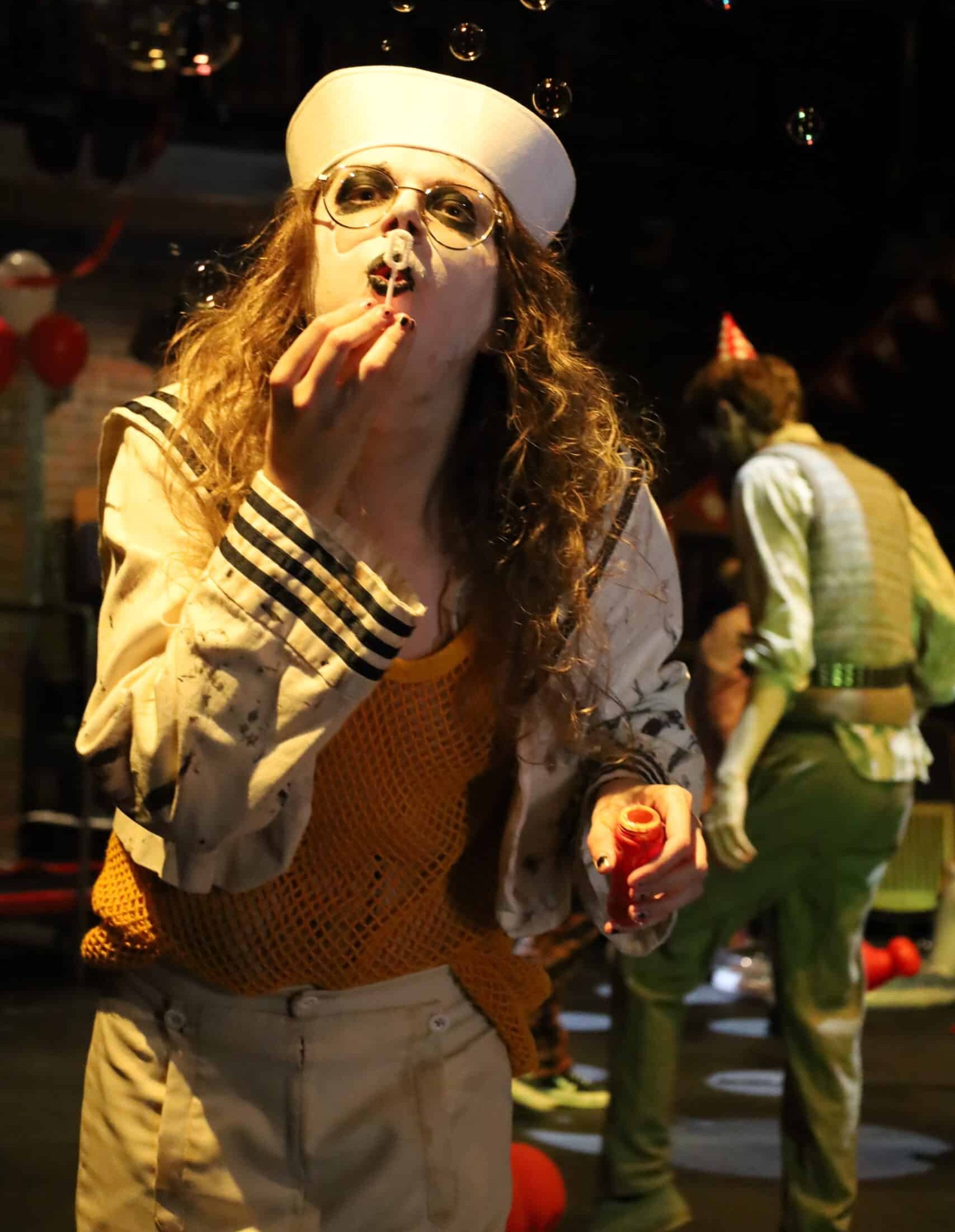
What you'll study
The first and only MA of its kind to focus on queer performance, this course offers broad training in a range of queer performance practices, delivered by renowned queer artists, theatre-makers, academics, and researchers.
Fiercely socially engaged, political, experimental, and interdisciplinary, the course provides an in-depth, comprehensive examination of queer performance practice, studying its themes, methodologies, and untapped possibilities.
By collaborating closely with other queers in a supportive context, the course develops and expands your individual practice by offering opportunities to contextualise your work while collaborating with others.
We welcome all students with an interest in engaging with queer performance, whether primarily as maker (in theatre, live art, drag, cabaret, writing, video and moving image, sound art, digital arts), researcher, critic, facilitator or producer.
Please note: Course content is regularly reviewed to make it relevant and current. Course modules are, therefore, subject to change
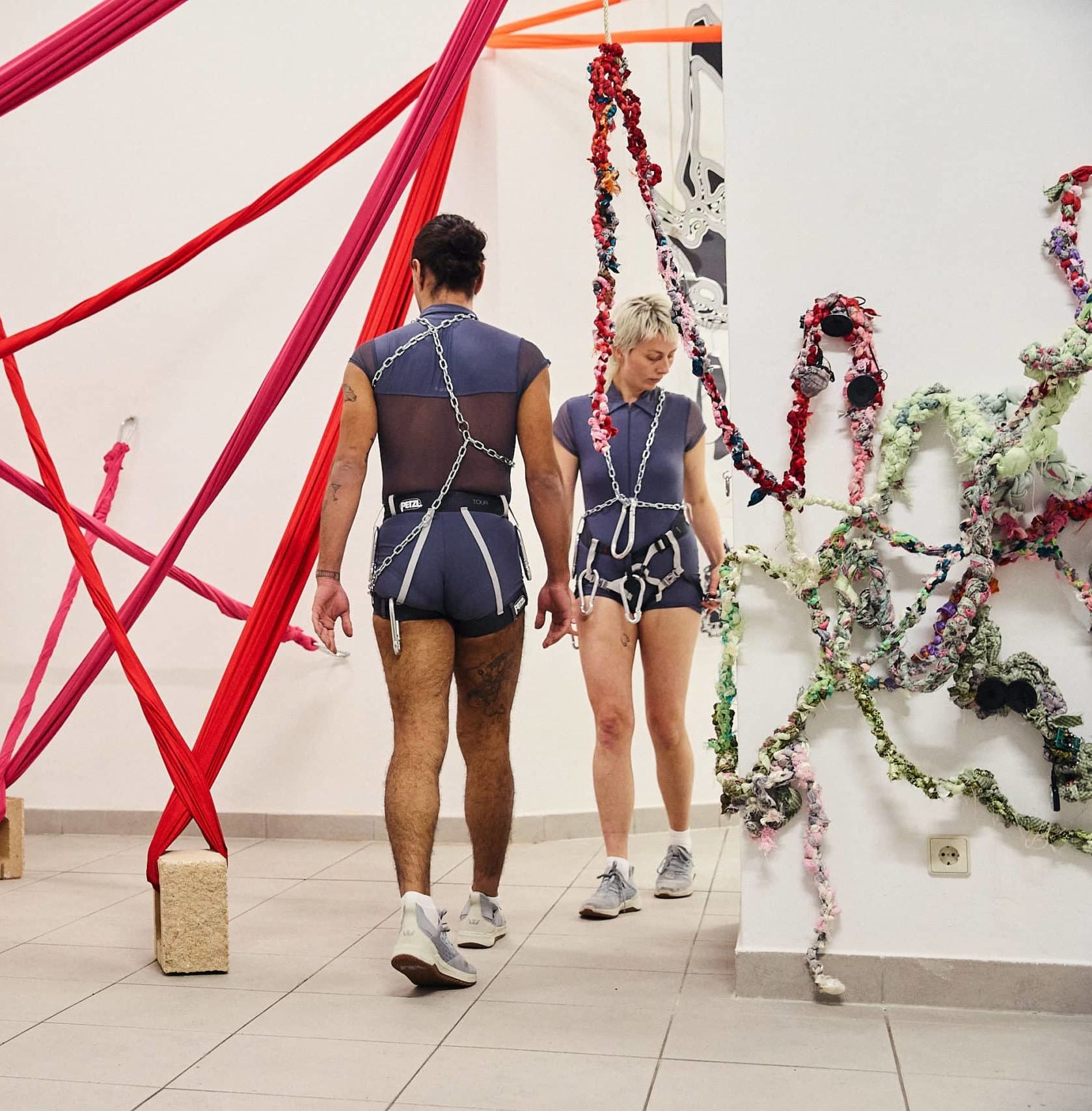
Why choose this course?
Experimentation and innovation
Be part of the world's first postgraduate training in queer performance practice, building on important histories you will innovate approaches to making theatre, live art, cabaret, digital work and new writing for contemporary audiences.
Unique approach
Through in-depth training and study in intensives and weekly sessions, you will develop your artistic and academic expertise within established contexts alongside dynamic opportunities for making solo and collaborative performance work.
Expert training
You will be taught, guided and mentored by experienced world-leading staff with international reputations in queer performance as you explore different processes and develop new skills.
Research
This course creates a pedagogical culture dedicated to providing advanced, rigorous and challenging learning and development opportunities. Develop key skills in researching and thinking through queer methodologies and articulate how queer approaches inform the creation and reception of performance.
Sharing work
You will be encouraged to share work with audiences beyond Rose Bruford, including online, in club spaces, galleries, theatres and festivals. You will create and share an original work in any form, supported by a professional mentor.
Industry contacts and networking
Development of a professional network of creative relationships.
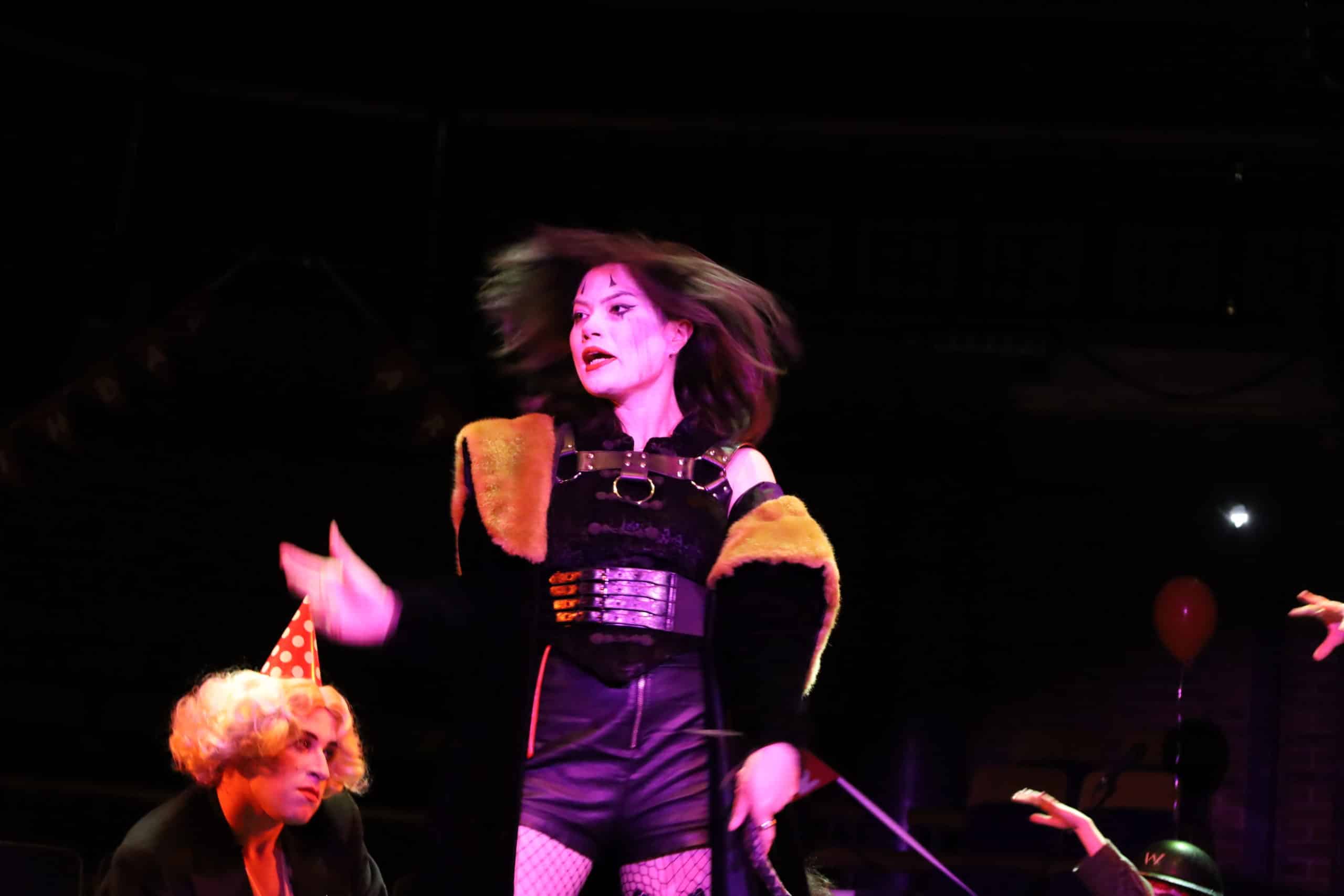
More about the course
This course is taught over 15 months (four terms). As a cohort, you will have four intensives together, three in London and normally one residency abroad. In the intensive periods, you will spend 1-2 weeks in the studio together daily.
During term time, there will be at least one in-person taught studio class each week. You will also have lectures, seminars, tutorials, mentorship sessions and independent solo or group work which may be conducted in person or online.
You can study this course full time (over 15 months) or part time (over 28 months).
Accessibility and learning styles: The course is designed with accessibility considerations across all aspects, although we will always strive to improve and collaborate on improving our access provisions.
All written assessments have optionality for alternative spoken/performed components.
Module 1 : Thinking Queerly
The programme begins with a 10-day London-based intensive at the start of Autumn term including taught sessions, artist-led practical workshops, sharing and discussion of where we have all come from, our current positions and future aspirations, and to set our pathways for evolving ideas together.
- This module will examine how performance art, drag, theatre, street performance and cabaret has played a central role in the development of trans, lesbian, bisexual and gay lives in various global cultures. And in turn, how major historical moments for LGTBQI+ communities and queer critical theory has influenced the development of performance strategies.
- We will use interdisciplinary perspectives to draw connections between artists, historical events, queer social life and theory. Students will be encouraged to question dominant narratives and methodologies of theatre and performance, and think about who has been absent or forgotten in established archives, histories and stages.
Module 2 : Creatures of the Night
Intensive: This module will also be introduced in the 10-day London-based Autumn intensive through practical workshops, shared trips and seminar discussions. It will culminate in the Winter Intensive, where you will create and perform your own cabaret-inspired event as a cohort.
- Subsequently, you will be encouraged to research, watch and share queer cabaret, drag, durational, one-to-one, music-based, digital, dance and other experimental nightlife performances. in your own local contexts or through digital practice.
- Via taught studio classes and peer support you will develop performance works for a public cabaret event in a professional venue in London at the end of the module during the second intensive.
Module 3 : Queer Dramaturgies
Residential: This module includes one normally international residency between 7-10 days with leading queer performance practitioners.
Intensive practice-based research in making/devising critical and creative performance work in collaboration with each other.
- Including options for creative writing, video, sound, design and digital performance.
- Each group will be mentored by a leading queer performance practitioner.
Module 4 : Independent Research Project
Each student will design and create a substantial research-led project such as a solo or group performance, play text, video work, digital work, sound work, written dissertation or curatorial project. This will be supported by expert 1-1 supervision and classes on key research and producing skills.
- The work in progress will be shared with the incoming cohort during the fourth intensive, held at the start of the Autumn Term.
- The final work will be performed or presented in London during a dedicated showcase in November.
How to join
Applications are now open for September 2025.
Institution code: Not required for this course.
Course code: Not required for this course.
Entry requirements
Applicants for Masters programmes will be expected to have a good undergraduate degree in a related subject area. The College also encourages applications from those without formal qualifications who may be accepted based on professional experience.
Applications remain open until the course is full. However, we understand the unique circumstances of international applicants and accept their late applications to our postgraduate programmes until 31 July.
Please get in touch with us at [email protected] for information on entry criteria if you are applying from outside the UK. You can also visit our international students page.
Application Guidance
To apply, please submit an online application . You will be asked to submit:
- A detailed personal statement (500 word or a two-minute video recording). This should include why you want to study Queer Performance, what you would bring to the course and what your current interests and passions are.
- Documentation/links to two previous works (these can be a video of a performance, a script you have written, a video work, a performance text or score, an exhibition/festival you have curated, creative writing, academic writing/essay, digital work, critical writing/reviews, an audio work, written reflection on live work).
There is no minimum or maximum length for these works, but we will usually watch no more than 10 minutes of a video or read more than 1000 words so if you are sending longer pieces you might want to send an extract, or indicate which section we should watch/read/listen to.
Interview
Each applicant will be invited for an online interview (approximately 30-45 minutes). Questions will be sent in advance, and there will be an opportunity for the applicant to ask questions about the course as well.
Course Summary
Duration
15 months
Mode of study
Full time / Part time
Start date
September 2025
Course Type
Postgraduate Course
Course Fees (2025 Entry)
UK & Republic of Ireland Students
£11550
International Students
£18900

